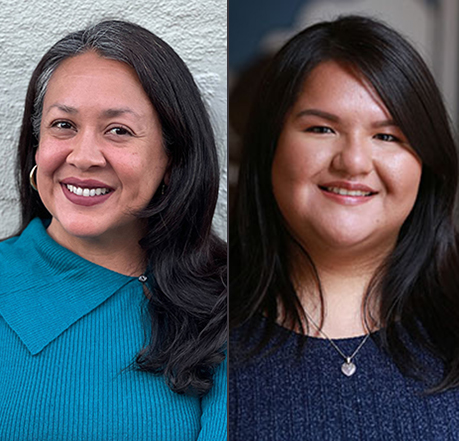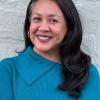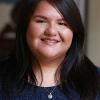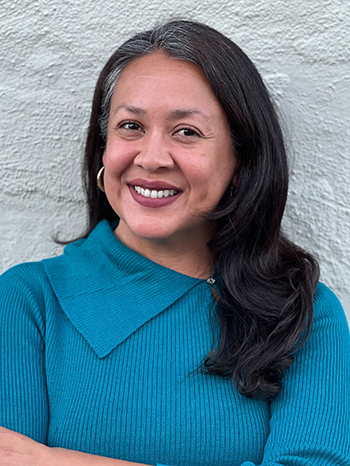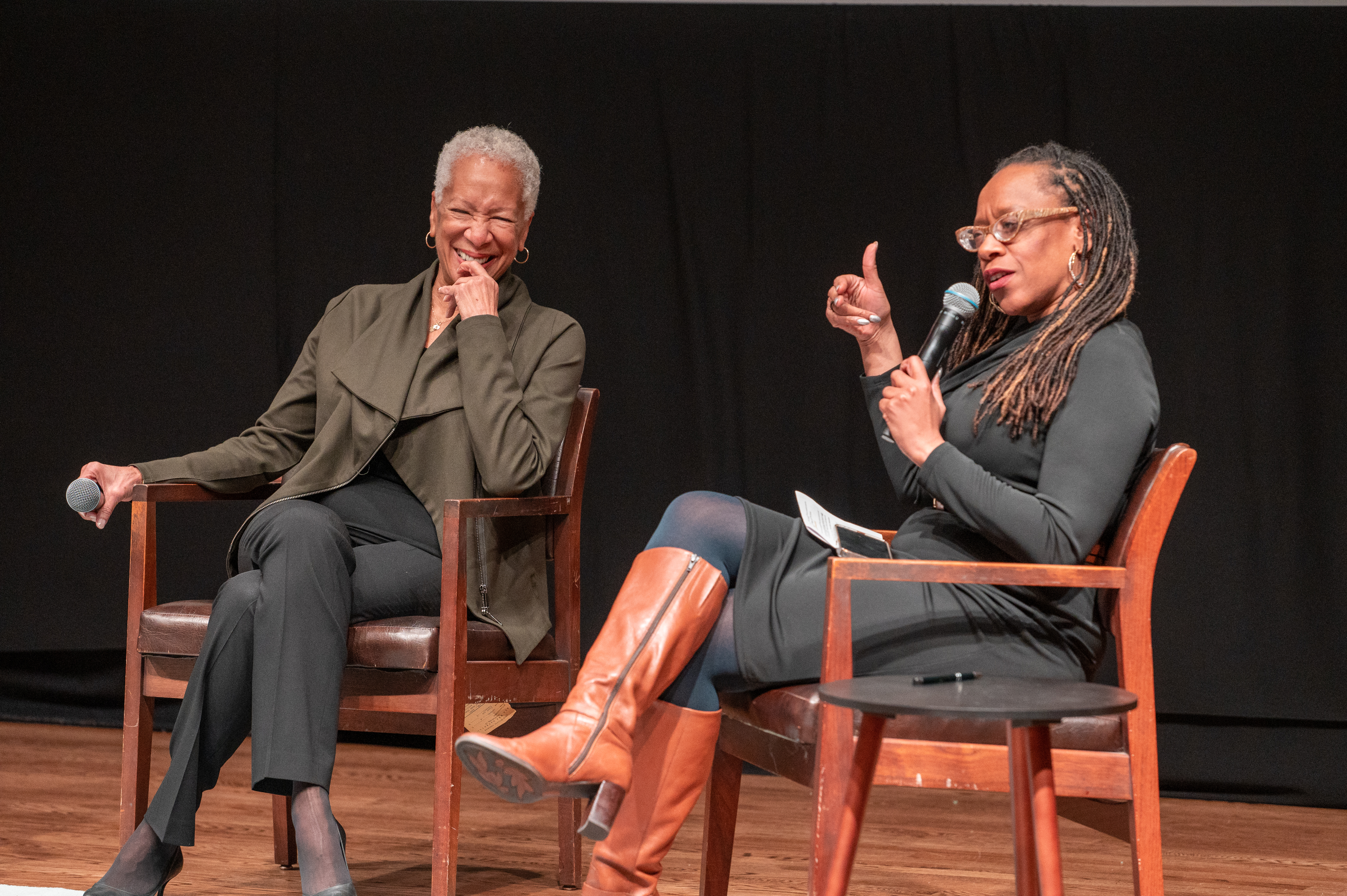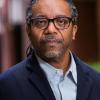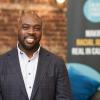There's Always More to Learn: Reflections from Arnold Dimas, NCG's Policy Intern
NCG's public policy work has had some extra support this summer. We welcomed Arnold Dimas (he/him) a second-year Master of Public Health student at UCLA, to the team as a policy intern.
Arnold has been key to supporting landscape and policy analysis, policy briefs, key messages, outreach to local organizations, and program development. We spoke with Arnold about his observations of the philanthropic sector, the importance of racial equity in public health, and his overall experience. Hear more from Arnold, below!
What connections are you making between policy and public health?
In public health, we often refer to the socioecological model, a framework that describes different levels at which health is impacted, including policy, community, organization, interpersonal, and individual. Public policy falls into one of the broader categories, which has several implications locally, regionally, statewide, and nationally. These policies strongly influence social determinants of health or conditions that influence health, including education, housing, health services, built environment, economic stability, employment, and more. A shared connection between both fields is that they seek to shape these and other factors that impact people’s lives in a way that uplifts communities, advances equity and promotes health.
It’s interesting because the two are quite interrelated. In public health (e.g. academic programs), policy is actually one of several concentrations. Conversely, in public policy (e.g. academic programs), public health is one of several concentrations also.
Why is it important to consider racial equity in your development as a public health practitioner?
It is critical to understand and advance racial equity as a public health practitioner. Unfortunately, many public health issues affect historically neglected BIPOC communities. An understanding of racial inequities helps me, as a practitioner, understand how oppressive systems have been constructed and provides clarity on how to address them.
What excites you about working in the philanthropic ecosystem? What are you noticing about the sector?
I am excited about seeing the philanthropic ecosystem as vast social networks. As I am interning with NCG, I am seeing connections between and across different philanthropic organizations and how Philanthropic Serving Organizations, like NCG, support their members and community partners to advance racial equity and social justice throughout all the communities served.
I am also noticing that the philanthropic sector is becoming more aware of its position, its power, and the role it plays within economic systems, especially with regard to addressing important issues like racial equity. I think this represents a turning point in time for the philanthropic sector to reassess its history, present, and future directions.
You’ve been with NCG for 5 weeks, what have you learned that you will take with you?
I've learned that it takes time to really become familiar with a new sector. Coming from a public health background, I have largely focused on learning to develop, implement, and evaluate health interventions at the community level. That said, understanding the work in the philanthropic sector is interesting because it is more macro. In my experience so far, this has involved more big-picture thinking and mobilizing stakeholders and funding opportunities. It has taught me about the vast ecosystem between philanthropy, government, and nonprofits and the importance of learning to unify efforts to promote meaningful change.
Lastly, what advice would you give to other MPH or MPP students out there?
It’s oftentimes different learning in an academic space than learning in a professional setting. I would say to keep an open mind whether you’re in the classroom or in the workspace. For example, my background is in public health and my internship is in public policy, but there are still several connections. Internship experiences like these help round your understanding of work across sectors and how it is interrelated. That said, there is always more to learn – so be sure to use the tools in your toolkit, ask questions, make connections, and stay curious!
Get to Know Arnold
Arnold Dimas is a rising second year Master of Public Health (MPH) student at UCLA in the Community Health Sciences department.He earned his Bachelor of Arts in Anthropology with minors in Global Health and Chicana/o/x Studies from UCLA in 2020. As an undergraduate, he was a CDC CUPS Scholar in Los Angeles and UC Davis Latinx Health Intern in Oaxaca, Mexico where he served low-income, BIPOC communities across multiple health settings. During the height of the pandemic, Arnold was a Community Outreach Specialist Lead at Public Health Institute where he provided support to hundreds of impacted individuals and families and championed resource coordination efforts across 3+ California counties.
As a proud son of immigrants from Mexico and a first-generation college student, Arnold is reminded of the values of working hard and saliendo adelante (“getting ahead”) –– he puts his heart into his work and has been described by his peers and colleagues as driven, empathetic, curious, and creative. Born and raised in Richmond, Arnold’s interests also stem from the inequities impacting his community and range from nutrition, food justice, immigrant health, mental health, holistic wellness, advocacy, and more.
Throughout this past year at UCLA, he served as a Graduate Student Researcher, participated in the UCLA Global Health Case Competition (and won 1st place with his team!), became a Graduate Student Mentor for the UCLA Public Health Scholars Training Program (an alum himself), and recently started his newest role as a Graduate Financial Wellness Consultant. During his summer at NCG, he is excited to make a meaningful impact by working at the intersection of public health, public policy, and advocacy. In his free time, he loves to cook, try new foods, dance, hike, and listen to music.
